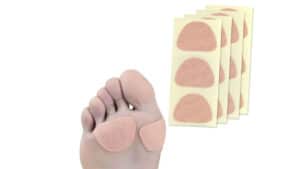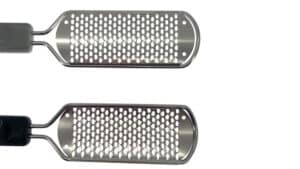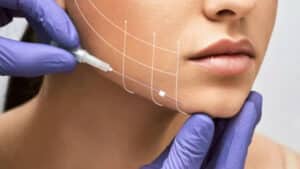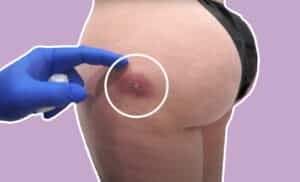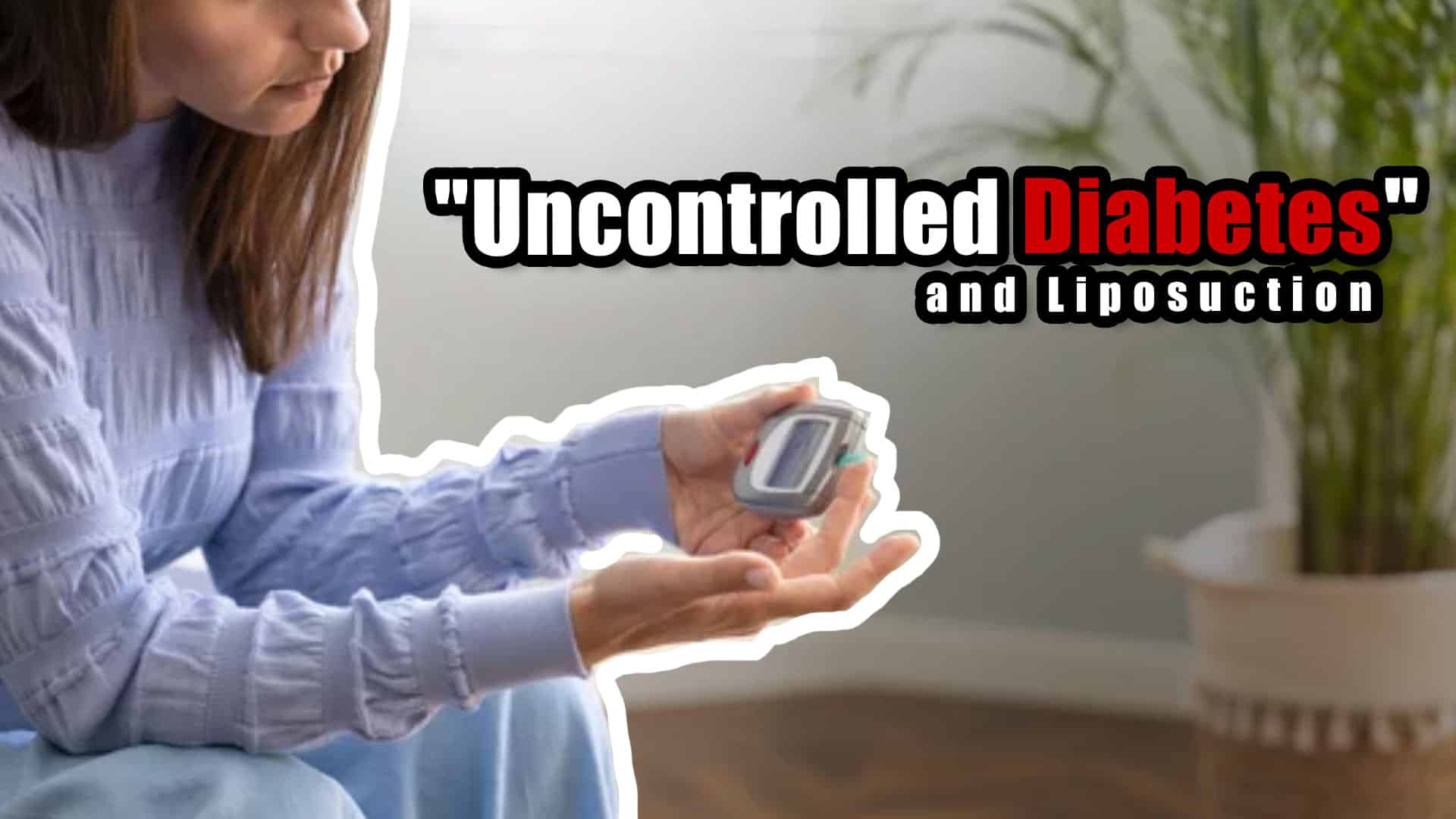
- February 7, 2023
- 12:35 pm
The Ultimate Guide to Diabetes and Liposuction: What Every Patient Should Know Beforehand
Table of Contents
Introduction:
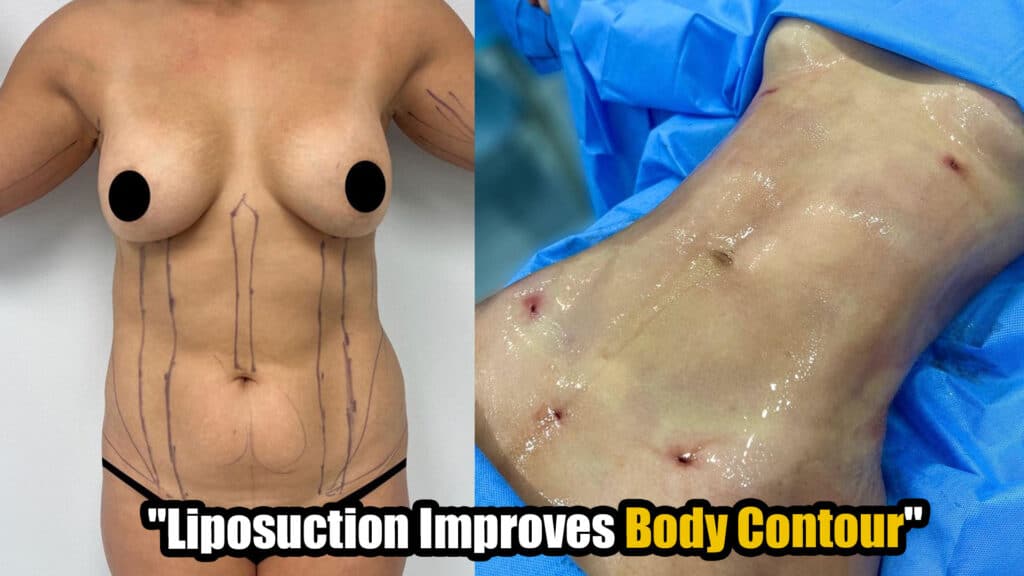
Liposuction is a popular cosmetic procedure for removing unwanted fat from specific body areas. However, for people with diabetes, the safety and risks of the procedure become essential factors to consider. In this article, we will explore the benefits and potential risks of liposuction for those with diabetes, as well as provide tips for recovery and post-operative care.
Diabetes is a condition that affects millions of people worldwide. It is a chronic disease that affects how the body processes glucose, which is the body’s primary energy source. People with diabetes must be careful about the foods they eat, the medicines they take, and the procedures they undergo. One of the procedures that people with diabetes often question is liposuction.

Is Liposuction Safe for People with Diabetes?
Liposuction can be a safe procedure for people with diabetes, but there are some important considerations that need to be taken into account. Firstly, people with uncontrolled diabetes are not ideal candidates for liposuction, as they have a higher risk of complications during and after the procedure.
Secondly, people with well-controlled diabetes who are in good health can be good candidates for liposuction, but they need to be closely monitored by their healthcare provider during the procedure and recovery period.

The Benefits of Liposuction for People with Diabetes
Liposuction has several benefits for people with diabetes, including:
- Improved body contour: Liposuction can help to improve the appearance of specific areas of the body, such as the hips, thighs, and abdomen. This can lead to an overall more proportionate and attractive body shape.
- Improved self-esteem: For people with diabetes who may struggle with weight control, liposuction can provide a boost in self-esteem and confidence.
- Improved physical health: Removing excess fat can help to reduce the risk of developing certain medical conditions, such as heart disease and stroke.
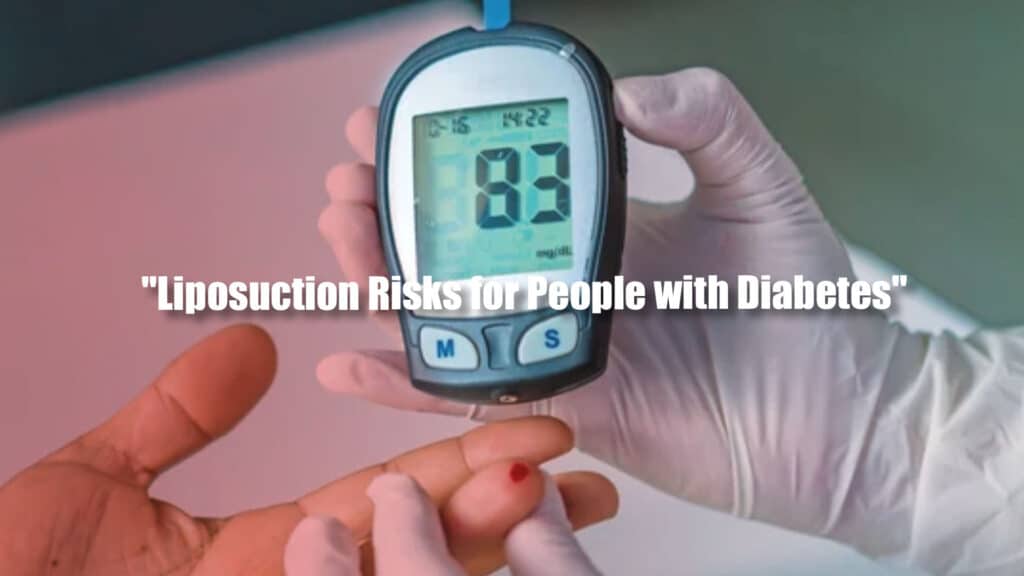
The Risks and Safety of Liposuction for People with Diabetes
While liposuction has several benefits, it is crucial to understand the potential risks and safety concerns for people with diabetes. These include:
- Blood sugar control: Liposuction can cause changes in blood sugar levels, making it essential for people with diabetes to closely monitor their glucose levels before and after the procedure.
- Anesthesia risks: Anesthesia can also cause changes in blood sugar levels and may affect the body’s ability to regulate glucose levels.
- Infection: Liposuction is an invasive procedure that involves incisions in the skin, which can increase the risk of infection.
- Scarring: Liposuction can result in scarring, especially if the incisions are not properly cared for during recovery.

Preparation for Liposuction with Diabetes
To ensure the safest and most successful outcome of liposuction for people with diabetes, it is important to properly prepare for the procedure. This includes:
- Discussing with a doctor: Before undergoing liposuction, it is crucial to speak with a doctor about any concerns and to make sure that the procedure is appropriate for the individual’s specific needs and health status.
- Maintaining healthy blood sugar levels: Keeping blood sugar levels under control before and after the procedure is essential for reducing the risk of complications and ensuring the best possible outcome.
- Following pre-operative instructions: Following pre-operative instructions, such as fasting before the procedure and avoiding certain medications, can help to ensure the safest and most successful outcome of liposuction.
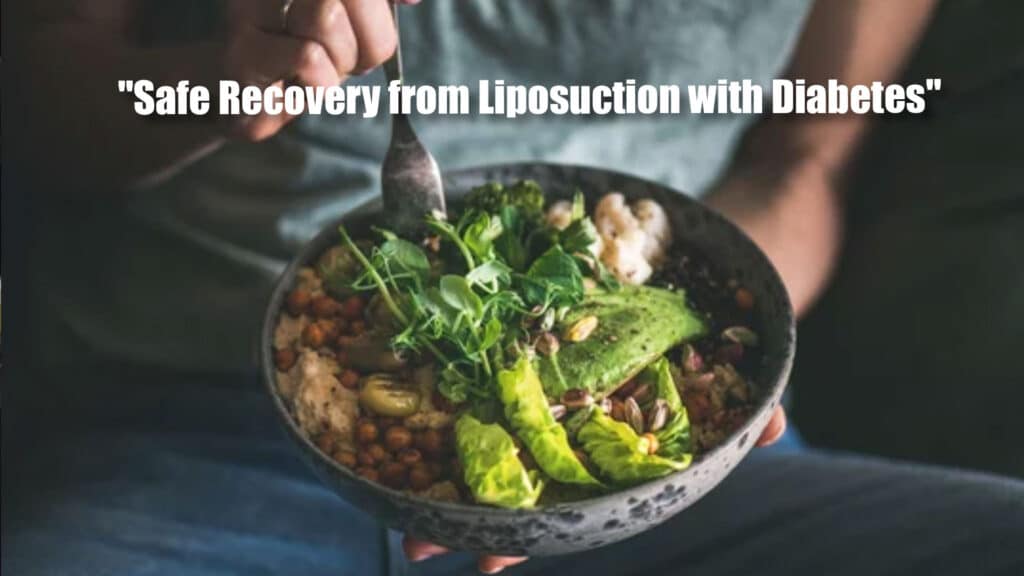
Recovery and Post-Operative Care for People with Diabetes
Recovering from liposuction with diabetes can require a bit more care and attention than for those without the condition. To ensure a safe and successful recovery, it is essential to:
- Monitor blood sugar levels: Keeping a close eye on blood sugar levels during the recovery period is essential for reducing the risk of complications.
- Follow a healthy diet: Eating a balanced, nutrient-rich diet can help to support the body during the healing process.
- Avoid strenuous activity: It is important to avoid strenuous activity, such as heavy lifting and intense exercise, during the recovery period to reduce the risk of complications and ensure a safe and successful outcome.
- Follow all post-operative instructions given by your healthcare provider.
- Keep the incision sites clean and dry.
- Wear loose, comfortable clothing.
- Avoid strenuous activity or exercise for at least two weeks.
- Take medications as prescribed.

FAQs:
Can people with uncontrolled diabetes have liposuction?
People with uncontrolled diabetes are not ideal candidates for liposuction, as they have a higher risk of complications during and after the procedure.
How does diabetes affect liposuction recovery?
Diabetes can affect liposuction recovery in several ways, such as increasing the risk of infection and slowing down the healing process.
It can also lead to complications such as delayed wound healing and increased blood sugar levels during the recovery period. People with uncontrolled or poorly managed diabetes may need to adjust their medications or adjust their diet to ensure a safe and successful recovery from liposuction.
What are the long-term effects of liposuction for people with diabetes?
The long-term effects of liposuction for people with diabetes may include improved body contour and increased self-esteem, but it may also lead to skin sagging or dimpling if not performed correctly.
Liposuction can also worsen pre-existing diabetic complications, such as peripheral neuropathy, if not managed properly during and after the procedure. It is crucial for people with diabetes to closely monitor their blood sugar levels during the recovery period and follow the instructions of their healthcare provider to minimize any potential risks.
Overall, the long-term effects of liposuction for people with diabetes may vary based on several factors, such as their overall health, the amount of fat removed, and the technique used during the procedure.
How does a person’s age impact the safety of liposuction if they have diabetes?
A person’s age can impact the safety of liposuction if they have diabetes. Older individuals with diabetes are at a higher risk of experiencing complications during and after the procedure due to decreased healing capacity and a higher likelihood of having other health problems. On the other hand, younger individuals with well-controlled diabetes may have a lower risk of experiencing complications.
Can liposuction worsen diabetes or its symptoms?
Liposuction can worsen diabetes or its symptoms if not managed properly. The procedure can cause temporary spikes in blood sugar levels, and if the patient does not properly manage their diabetes during the recovery period, it can lead to long-term complications.
Additionally, if the liposuction procedure leads to nerve damage or other complications, it can worsen pre-existing diabetic symptoms, such as peripheral neuropathy.
How does the surgeon control blood sugar levels during the liposuction procedure for patients with diabetes?
The surgeon controls blood sugar levels during the liposuction procedure for patients with diabetes by closely monitoring the patient’s blood glucose levels and adjusting their insulin or other medications as needed.
The patient may also need to modify their diet and medications leading up to and during the recovery period. In some cases, the patient may need to temporarily adjust their insulin regimen or take other measures to ensure that their blood sugar levels are stable during the procedure.
It is important for patients with diabetes to closely communicate with their healthcare provider and surgeon to ensure proper management of their blood sugar levels before, during, and after the liposuction procedure.
Can people with type 1 diabetes undergo liposuction safely?
People with type 1 diabetes can undergo liposuction safely if their condition is well-controlled and they are otherwise in good health. The key to a successful liposuction procedure for individuals with type 1 diabetes is proper management of blood sugar levels during the procedure and the recovery period.
Is liposuction more dangerous for people with type 2 diabetes than those with type 1 diabetes?
Liposuction can be equally dangerous for people with type 1 and type 2 diabetes, depending on the individual’s overall health and proper management of their diabetes.
If the patient’s diabetes is well-controlled and they are otherwise in good health, the procedure may be performed safely for individuals with either type of diabetes. However, if the patient’s diabetes is not well-controlled or they have other underlying health conditions, the procedure may carry a higher risk of complications.
Can liposuction affect diabetic neuropathy or other complications of diabetes?
Liposuction may have an effect on diabetic neuropathy or other complications of diabetes, although the extent and specifics of this effect can vary.
Liposuction can cause temporary changes in blood sugar levels and fluid balance, which may exacerbate existing diabetic neuropathy or other complications. On the other hand, liposuction may also result in improved insulin sensitivity and improved circulation, which may help to alleviate diabetic neuropathy and other complications.
The specific impact of liposuction on diabetic neuropathy or other complications of diabetes will depend on a variety of factors, including the individual’s overall health, the severity of their diabetes, and their ability to manage their blood sugar levels during and after the procedure.
It is important for individuals with diabetes to carefully consider the risks and benefits of liposuction and to discuss their health and individual circumstances with a qualified healthcare provider before undergoing the procedure.
What are the common side effects of liposuction for people with diabetes?
Common side effects of liposuction for people with diabetes may include swelling, pain, bruising, bleeding, numbness, and temporary changes in blood sugar levels.
Some people with diabetes may also experience temporary changes in their insulin sensitivity and fluid balance, which may affect their blood sugar levels and overall health. In some cases, liposuction may worsen existing diabetic complications, such as diabetic neuropathy or skin ulcerations.
Conclusion:
Liposuction can be a safe and effective procedure for people with well-controlled diabetes who are in good health. However, it is important to be closely monitored by a healthcare provider during the procedure and recovery period and to take all necessary precautions.
